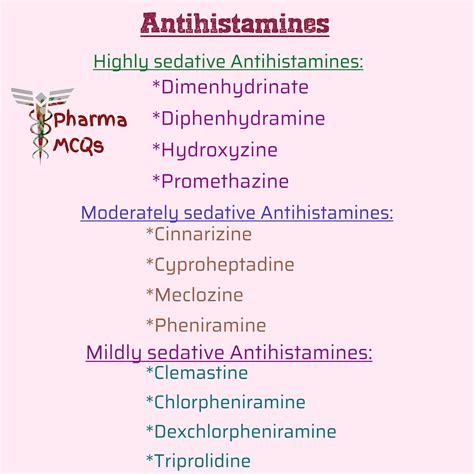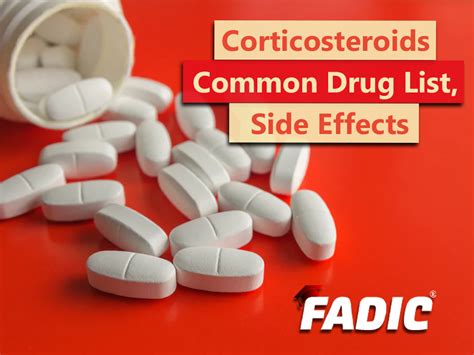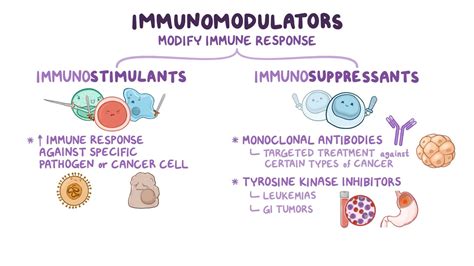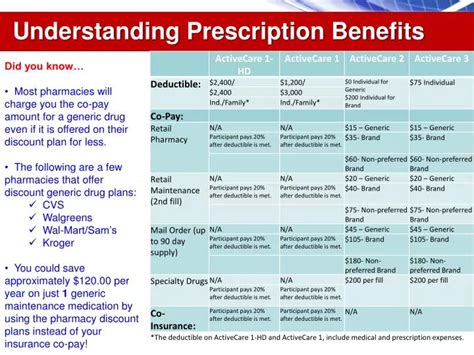Intro
Allergies are a common health issue that affects millions of people worldwide. Allergic reactions occur when the body's immune system overreacts to a harmless substance, such as pollen, dust, or certain foods. The symptoms of an allergic reaction can range from mild to severe and can include itching, sneezing, runny nose, and difficulty breathing. In severe cases, allergies can be life-threatening. Fortunately, there are many prescription drugs available that can help alleviate allergy symptoms and prevent future reactions.
Allergies can have a significant impact on a person's quality of life. They can cause discomfort, disrupt daily activities, and even lead to more serious health problems if left untreated. For example, people with allergies may experience anxiety or stress due to the fear of having an allergic reaction. They may also need to take time off work or school to recover from an allergic episode. Furthermore, allergies can increase the risk of developing other health conditions, such as asthma or sinusitis. Therefore, it is essential to seek medical attention if you suspect that you have an allergy.
The good news is that there are many effective treatments available for allergies. Prescription drugs are often the first line of treatment for allergies, as they can provide quick relief from symptoms and prevent future reactions. These medications work by blocking the release of histamine, a chemical that causes blood vessels to dilate and leads to allergic symptoms. There are several types of prescription drugs for allergies, including antihistamines, corticosteroids, and immunomodulators. Each type of medication has its own unique benefits and drawbacks, and the best treatment option will depend on the individual's specific needs and medical history.
Types of Prescription Drugs for Allergies

There are several types of prescription drugs for allergies, each with its own unique mechanism of action and benefits. Antihistamines are one of the most commonly prescribed medications for allergies. They work by blocking the release of histamine, a chemical that causes blood vessels to dilate and leads to allergic symptoms. Antihistamines can be further divided into two categories: sedating and non-sedating. Sedating antihistamines, such as diphenhydramine, can cause drowsiness and are often used to treat mild to moderate allergic reactions. Non-sedating antihistamines, such as loratadine, are less likely to cause drowsiness and are often used to treat more severe allergic reactions.
Antihistamines

Corticosteroids are another type of prescription drug for allergies. They work by reducing inflammation and swelling in the body, which can help alleviate symptoms such as congestion and itching. Corticosteroids can be administered orally, intranasally, or topically, depending on the specific condition being treated. For example, oral corticosteroids may be prescribed for severe allergic reactions, while intranasal corticosteroids may be used to treat allergic rhinitis.
Corticosteroids

Immunomodulators are a newer class of prescription drugs for allergies. They work by modifying the immune system's response to allergens, which can help prevent future reactions. Immunomodulators can be administered subcutaneously or sublingually, depending on the specific condition being treated. For example, subcutaneous immunomodulators may be prescribed for severe food allergies, while sublingual immunomodulators may be used to treat allergic rhinitis.
Immunomodulators

Benefits of Prescription Drugs for Allergies

Prescription drugs for allergies can provide several benefits, including quick relief from symptoms, prevention of future reactions, and improved quality of life. Antihistamines, for example, can provide rapid relief from symptoms such as itching and sneezing. Corticosteroids can help reduce inflammation and swelling, which can alleviate symptoms such as congestion and itching. Immunomodulators can help prevent future reactions by modifying the immune system's response to allergens.
Some of the benefits of prescription drugs for allergies include:
- Quick relief from symptoms
- Prevention of future reactions
- Improved quality of life
- Reduced risk of complications, such as anaphylaxis or asthma
- Increased ability to participate in daily activities, such as work or school
Risks and Side Effects

While prescription drugs for allergies can be effective, they can also have risks and side effects. Antihistamines, for example, can cause drowsiness, dry mouth, and urinary retention. Corticosteroids can cause weight gain, mood changes, and increased risk of infections. Immunomodulators can cause injection site reactions, fatigue, and headache.
Some of the common side effects of prescription drugs for allergies include:
- Drowsiness
- Dry mouth
- Urinary retention
- Weight gain
- Mood changes
- Increased risk of infections
- Injection site reactions
- Fatigue
- Headache
How to Use Prescription Drugs for Allergies

To use prescription drugs for allergies effectively, it is essential to follow the instructions provided by your doctor or pharmacist. Here are some general tips:
- Always read the label carefully and follow the instructions provided.
- Take the medication at the same time every day to maintain a consistent level of the medication in your system.
- Do not exceed the recommended dose or frequency of administration.
- Inform your doctor or pharmacist about any other medications you are taking, including over-the-counter medications and supplements.
- Monitor your symptoms and adjust your medication as needed.
Some additional tips for using prescription drugs for allergies include:
- Keep a record of your symptoms and medication use to track your progress and identify any potential issues.
- Inform your doctor or pharmacist about any changes in your symptoms or medical condition.
- Do not stop taking your medication without consulting your doctor or pharmacist.
- Always carry your medication with you in case of an emergency.
Conclusion and Next Steps

In conclusion, prescription drugs for allergies can provide effective relief from symptoms and prevent future reactions. By understanding the different types of prescription drugs available, their benefits and risks, and how to use them effectively, you can take control of your allergies and improve your quality of life. If you suspect that you have an allergy, consult your doctor or pharmacist to determine the best course of treatment.
We invite you to share your thoughts and experiences with prescription drugs for allergies in the comments section below. Have you used prescription drugs for allergies? What were your experiences? Do you have any questions or concerns about using prescription drugs for allergies? Share your story and help others who may be struggling with allergies.
What are the most common types of allergies?
+The most common types of allergies include allergic rhinitis, atopic dermatitis, food allergies, and insect sting allergies.
How do I know if I have an allergy?
+If you experience symptoms such as itching, sneezing, runny nose, or difficulty breathing after exposure to a particular substance, you may have an allergy. Consult your doctor or pharmacist to determine the best course of treatment.
Can prescription drugs for allergies cure my allergy?
+Prescription drugs for allergies can provide relief from symptoms and prevent future reactions, but they may not cure your allergy. Immunomodulators, for example, can help modify the immune system's response to allergens, but they may not eliminate the allergy entirely.
